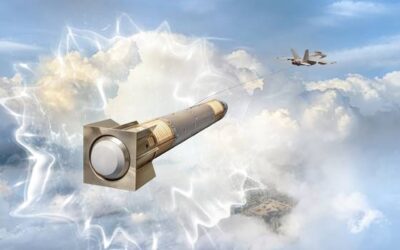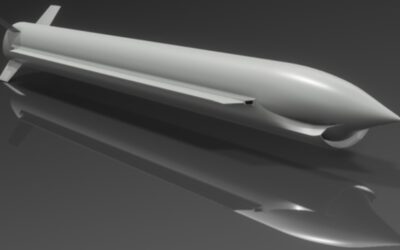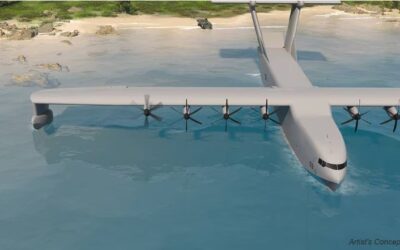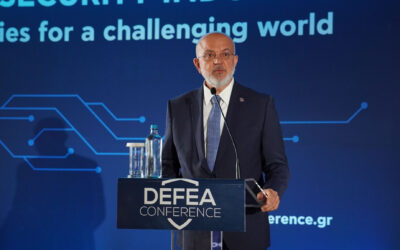BAE Systems has been selected by the US Navy to develop airborne Dual Band Decoy (DBD). According to the company…
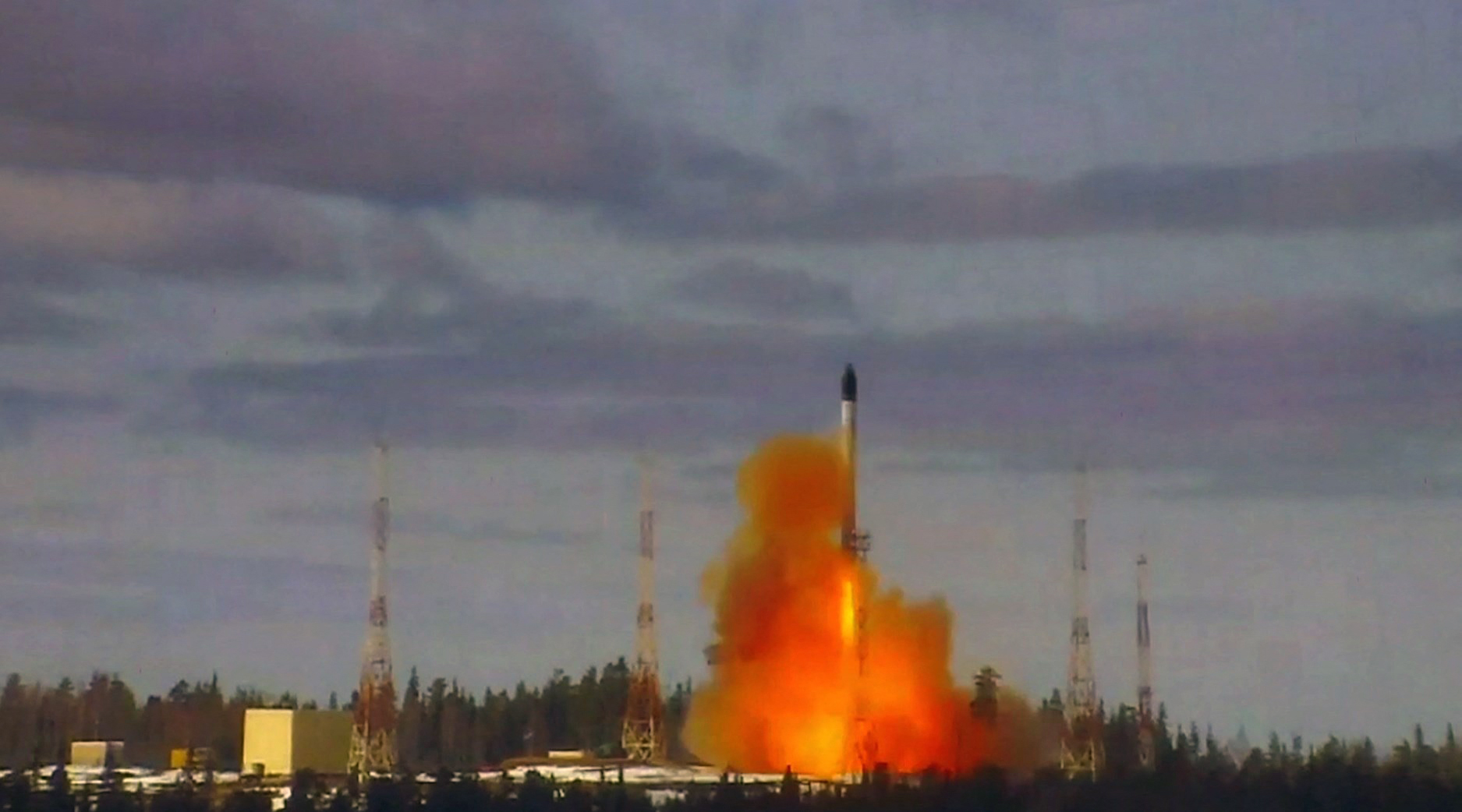
According to the news agency La Prenza Latina, on Thursday, October 5, Russian President, Vladimir Putin, announced the early start of mass production of the heavy intercontinental ballistic missile RS-28 Sarmat dubbed “Satan 2” (NATO – SS- X- 30).
The Russian President’s announcement was made during his speech at the Valdai Debate Club in the Black Sea resort of Sochi, where he pointed out that the development phase of the RS-28 Sarmat missile was completed.
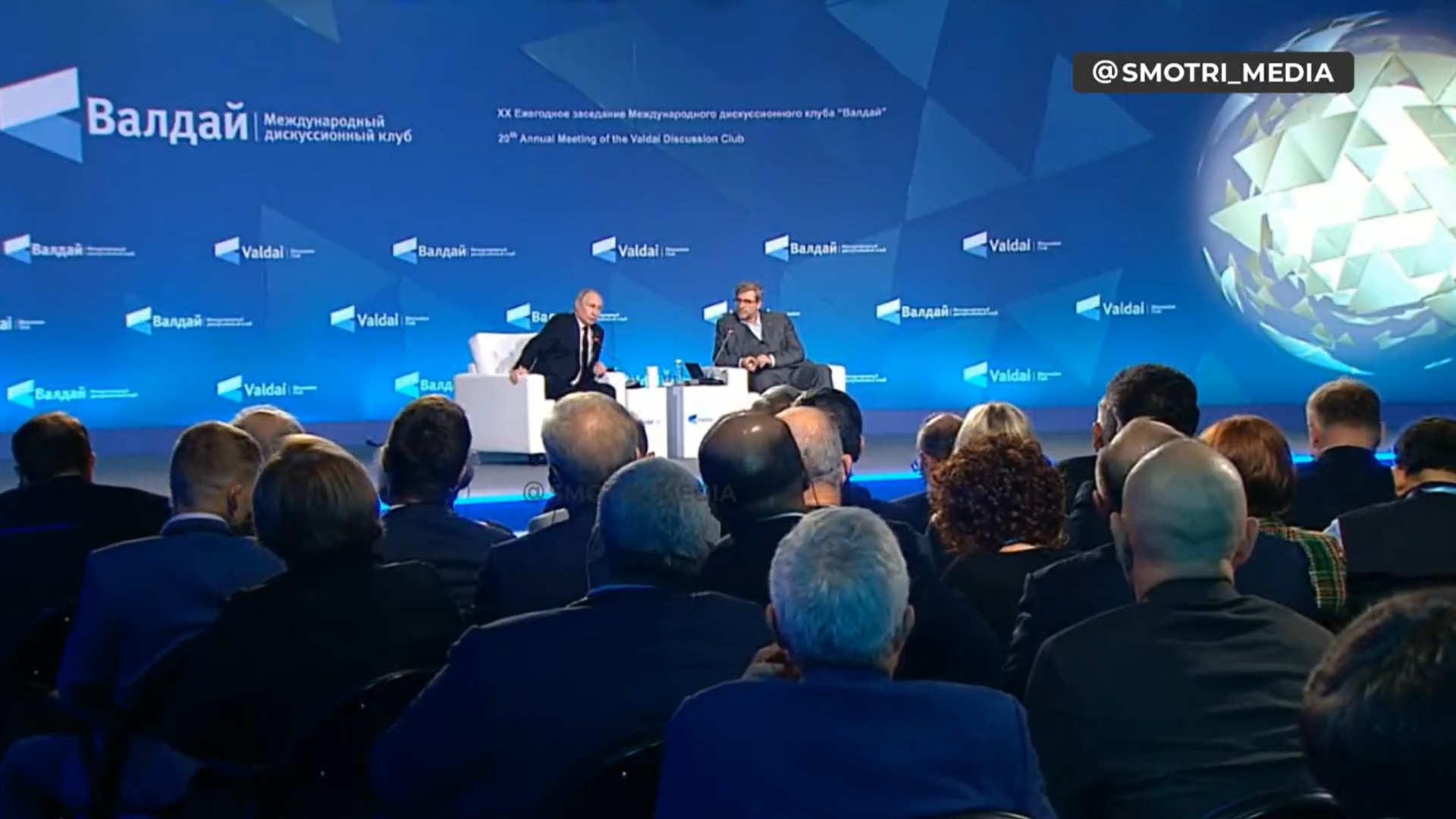
#BREAKING #Russia We have actually finished work on Sarmat – Putin pic.twitter.com/hVQYad3Rs3
— The National Independent (@NationalIndNews) October 5, 2023
The Sarmat is a next-generation intercontinental ballistic missile that has undergone several tests over the past few years. The general concept of the RS-28 Sarmat and what distinguishes it from the rest of the missiles in its class is that it carries 10-15 guided nuclear warheads.
It is a liquid fuel rocket system, with its total weight exceeding 200 tons. It has been developed and is intended to replace the Voevoda missiles, in Russia’s strategic arsenal, which is expected to be significantly strengthened.
According to Russian claims, the Sarmat has the ability to bypass existing and future anti-missile systems, with a range of up to 18,000 kilometers, allowing it to effectively “threaten” locations around the world.
Also read: Russia | The first test of the new “SATAN II” ballistic missile
Although further details are not known, the Russians claim that the warheads carried by the Sarmat are undetectable, either within the earth’s atmosphere or beyond, thanks to their specialized design.
The experimental development of the RS-28 Sarmat project began in 2011, with its initial test launch scheduled for April 2022. It is equipped with a modern control system which, according to its designer, Vladimir Degtyar, enables it to counter anti-missile systems.
What is remarkable about the Sarmat is the fact that it carries 178 tons of fuel, of which it consumes a significant amount during launch, but gradually conserves its energy.
It has four engines that develop more than 100 tons of thrust, potentially increasing the missile’s range and making it difficult for enemy anti-missile systems to intercept.
The Sarmat has been met with skepticism by international entities as, according to an analysis by the Nuclear Threat Initiative, Russia conducted at least 13 Sarmat tests between 2017 and 2019, and some reports suggest that these tests were not entirely successful, raising questions about reliability and weapon system effectiveness.
Regarding the international concerns of the use of the RS-28 Sarmat, the Russian President noted that there has been no change in Russia’s military doctrine: Russia will proceed with the use of nuclear weapons only if attacked with nuclear weapons, or in case the Russian state is threatened even by conventional weapons.
Also read: North Korea | Pyongyang confirms it has launched an intercontinental ballistic missile
READ MORE
Germany and Norway | Kongsberg, Diehl and MBDA Deutschland to develop new supersonic strike missile
Norway’s Kongsberg Defence & Aerospace, alongside German companies Diehl Defence and MBDA Deutschland, have joined forces to develop…
DARPA | Design of heavy cargo transport seaplane by Aurora
Aurora Flight Sciences will continue designing an experimental transport heavy cargo seaplane for the US military.
BAE Systems | Development of next-generation airborne decoy countermeasure
BAE Systems has been selected by the US Navy to develop airborne Dual Band Decoy (DBD). According to the company…
SEKPY | The challenges of the domestic defence industry at DEFEA Conference 2024
The evolving geopolitical landscape and the complex challenges in the security sector, as well as the dynamics of the domestic defence…
DEFEA CONFERENCE 2024 | The greatest Defence Conference in Greece has been successfully concluded – Photos
The greatest International Defence Conference “DEFEA Conference 2024” has been concluded today with absolute success…
EU | 556 firefighters from 12 countries on the frontline across Europe
More than 500 firefighters from 12 countries will be on the frontline in key locations in Europe including Greece, France and…
Germany and Norway | Kongsberg, Diehl and MBDA Deutschland to develop new supersonic strike missile
Norway’s Kongsberg Defence & Aerospace, alongside German companies Diehl Defence and MBDA Deutschland, have joined forces to develop…
Ministry of Defence | Seminar on “Maritime Security Challenges in the European Union: The Case of the Eastern Mediterranean”
The Security and Defence Academy of the Ministry of Defence of the Republic of Cyprus and the French Institute for Advanced…














